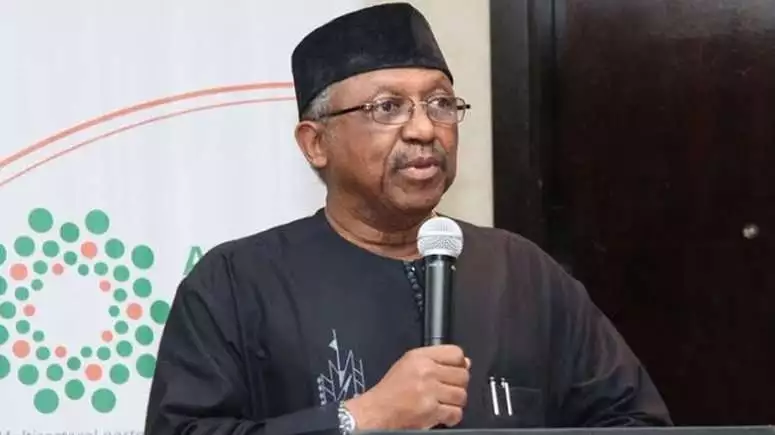The Nigerian Senate has refused to accept the $200 million loan proposal by the Ministry of Health to procure mosquito nets, describing it as ‘money for the boy’.
The committee also kicked against the $100 million external borrowing plan to contain Coronavirus, as submitted by the erstwhile Director-General, Nigeria Centre for Disease Control, NCDC, Dr Chikwe Ihekweazu.
Ihekweazu departed NCDC after a successful career as Nigeria’s top disease expert following his appointment by the World Health organisation, WHO as an Assistant Director-General for Health Emergency Intelligence.
The Director General of WHO, Tedros Ghebreyesus said of his appointment; “I am pleased to welcome Dr Chikwe Ihekweazu as an Assistant Director-General for Health Emergency Intelligence from November 1, 2021. He will lead the work on strengthening pandemic and epidemic intelligence globally, including heading the WHO Hub for Pandemic and Epidemic Intelligence in Berlin.
“Dr Ihekweazu is currently the Director-General of Nigeria Centre for Disease Control. He was trained as an infectious disease epidemiologist, has over 20 years of experience working in senior public health and leadership positions in several National Public Health Institutes, including the South African National Institute for Communicable Diseases, the United Kingdom’s Health Protection Agency, and Germany’s Robert Koch Institute.
“He has led several short-term engagements for WHO, mainly in response to major infectious disease outbreaks around the world. Dr Ihekweazu, a Nigerian national, who was born in Germany, is a graduate of the College of Medicine, University of Nigeria and has a Masters in Public Health from the Heinrich-Heine University, Dusseldorf, Germany.
“In 2003, he was awarded a Fellowship for the European Programme for Intervention Epidemiology Training and subsequently completed his Public Health specialisation in the United Kingdom. He is widely published in medical peer-reviewed journals,” Tedros noted
The Osagie Ehanire-led ministry while defending the loan said it is required to procure mosquito nets to tackle malaria in the nation’s most vulnerable states. The loan is part of the over $500 million requested by the ministry in the 2022 Budget which the upper legislative chamber described as outrageous.
The members of the Senate Committee on Local and Foreign Debt expressed concern over what they called outrageous budget when top officers of the ministry appeared before the committee for budget defence on Tuesday.
Chairman of the Committee on Health, Senator Ibrahim Oloriegbe, said the loan represents another attempt to fritter away scarce public funds, describing it as “money and job for the boys”
Senator Gershom Bassey, a member of the committee told the Permanent Secretary of the ministry, Mahmuda Mamman, that the proposed expenditure was untenable.
But making clarification, the Executive Director, National Primary Health Care Development Agency, NPHCDA, Dr Faisal Shuaib, said the $200 million was for importation and local production of mosquito nets, adding that the World Bank mandated Nigeria to buy it from specific producer.
He further explained that the money is meant for 13 vulnerable states across the country.
Oloriegbe, however told the officials of the ministry that it was not acceptable that the World Bank should dictate to Nigeria where to buy mosquito nets.
“They can’t borrow us money and still tell us where to buy the mosquito nets. This can be source locally,” noting that all documents related to the $200 million loan from World Bank must be made available to the Senate.
He added that “we know that we have challenges, but that does not mean we should borrow for malaria medicine.”
Discover more from The Source
Subscribe to get the latest posts sent to your email.








